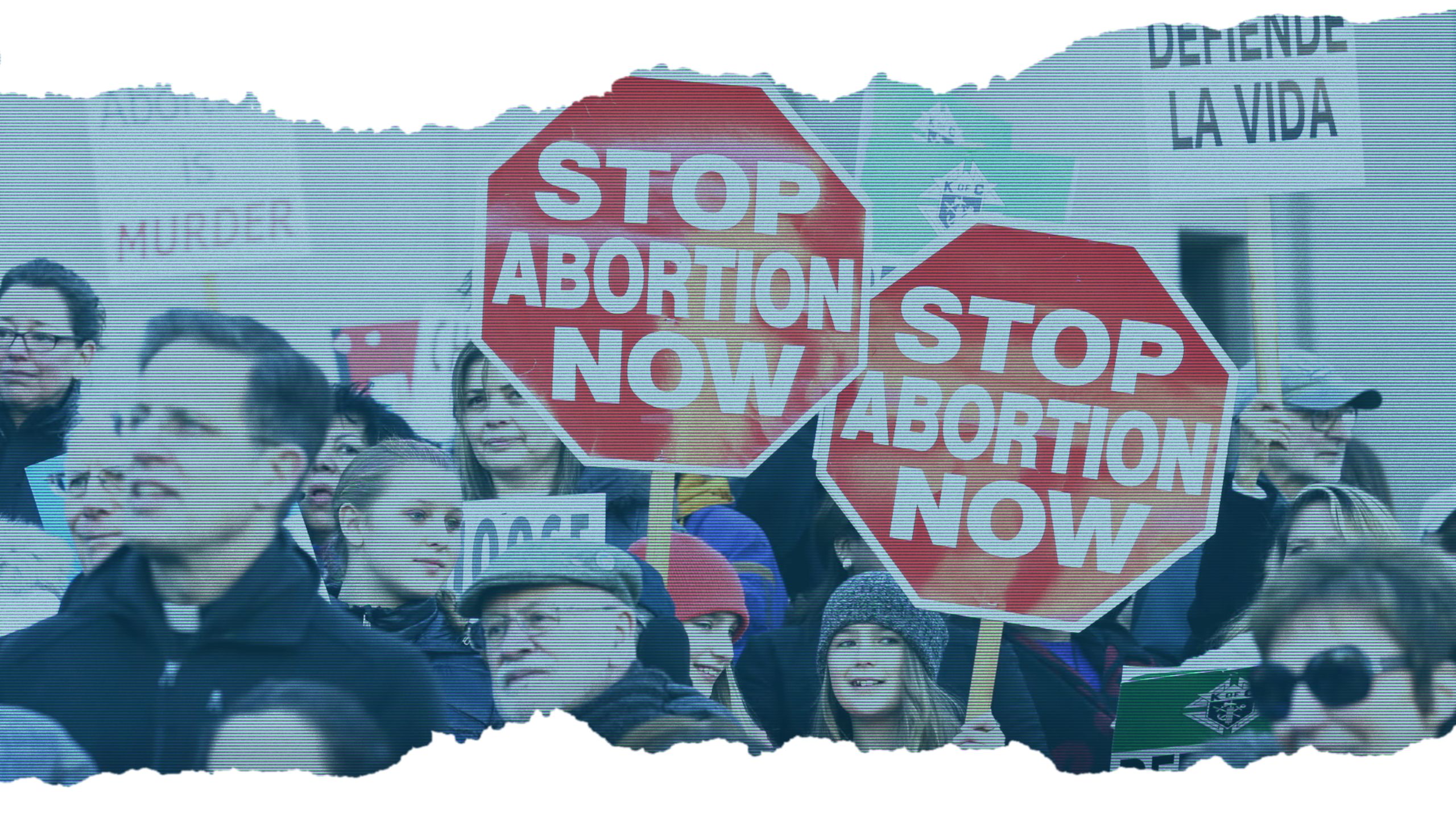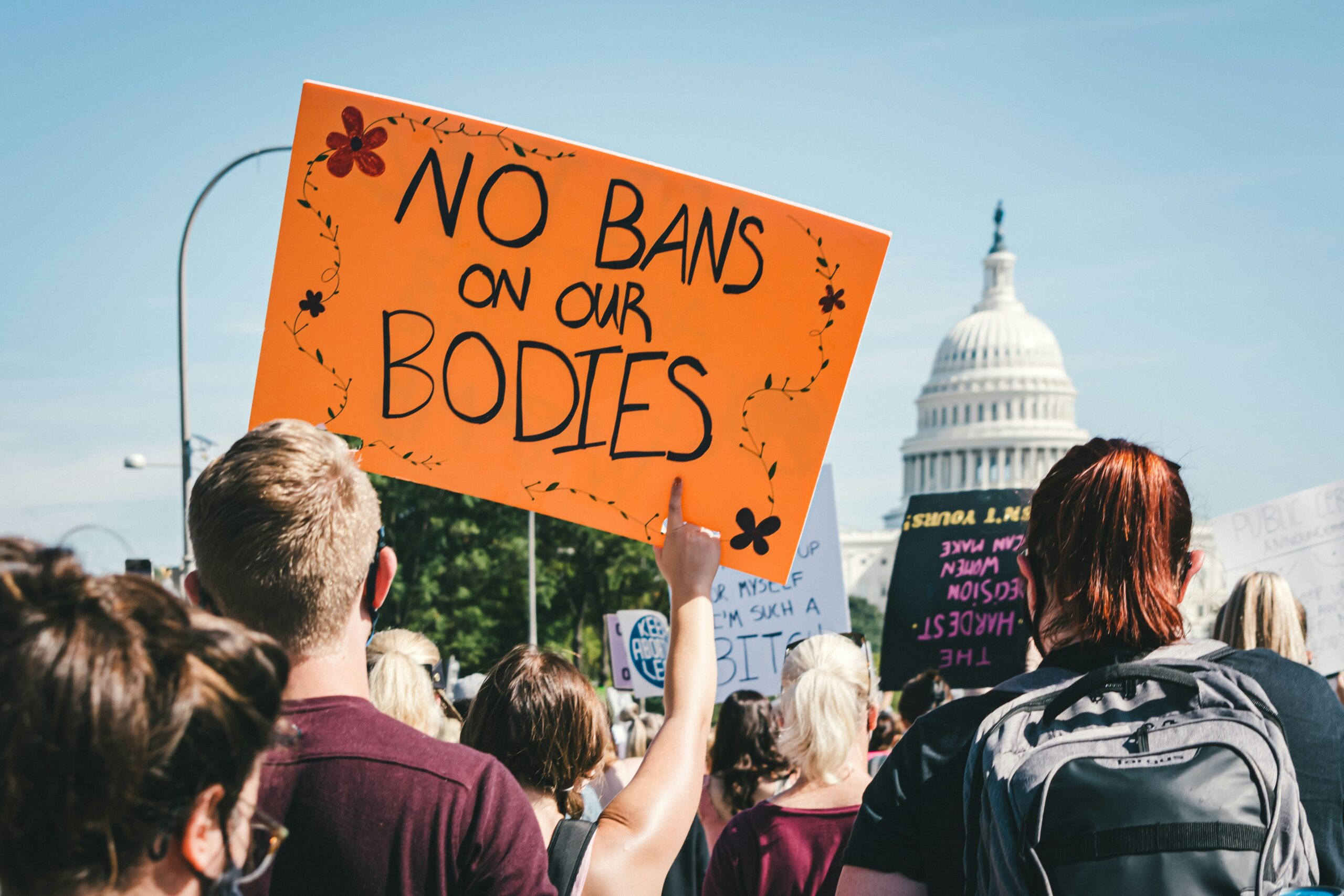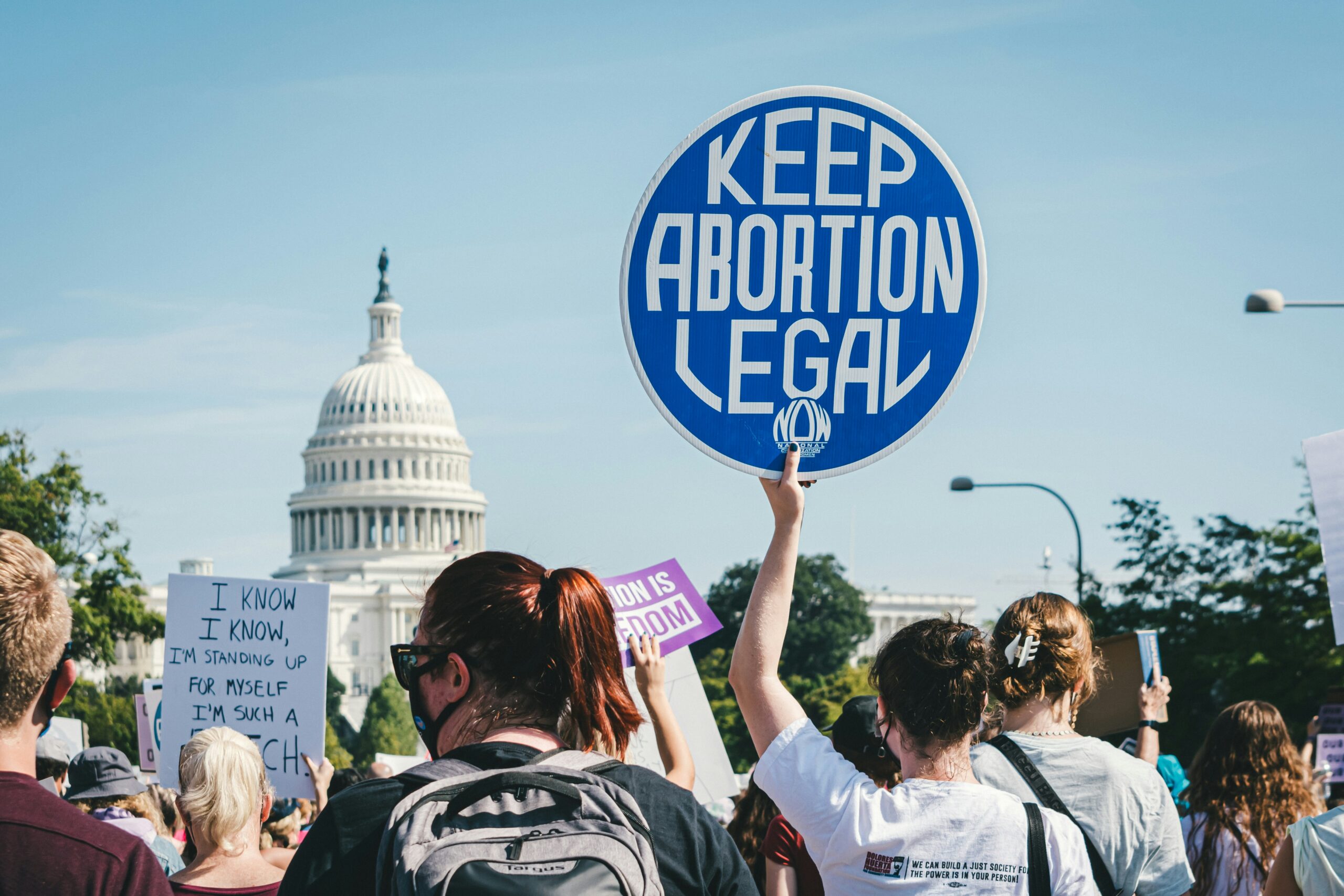According to the Guttmacher Institute, almost half of all abortions that will occur this year, an estimated 25 million, will be unsafe.
Clearly, there is still much work to be done to increase access to safe abortion and post-abortion care. Whether it’s a lack of nearby trained providers or little clarity over what’s permitted, barriers continue to force women to unsafe services.
However, frontline practitioners often lack the tangible guidance and resources needed to expand access to abortion safely. With SafeAccess, we aim to change this.
To ensure that frontline practitioners have the tangible guidance needed to deliver safe services, and policy influencers have the evidence needed to remove unnecessary barriers, MSI launched SafeAccess: a cross-partner digital platform sharing best practice guidance on safe abortion and post-abortion care.
Established in 2019 in partnership with Ipas, IPPF, PSI and Safe Abortion Action Fund, SafeAccess now hosts over 60 quality resources on safe abortion and post-abortion care, and utilised by practitioners from over 120 countries globally.
In this case study, read about the impact of SafeAccess so far, including how one grassroots organisation in Burundi, Solidarité des Femmes pour le Bien Être Social et le Progrès, used SafeAccess resources to challenge stigma in their community and work towards the elimination of unsafe abortion.








